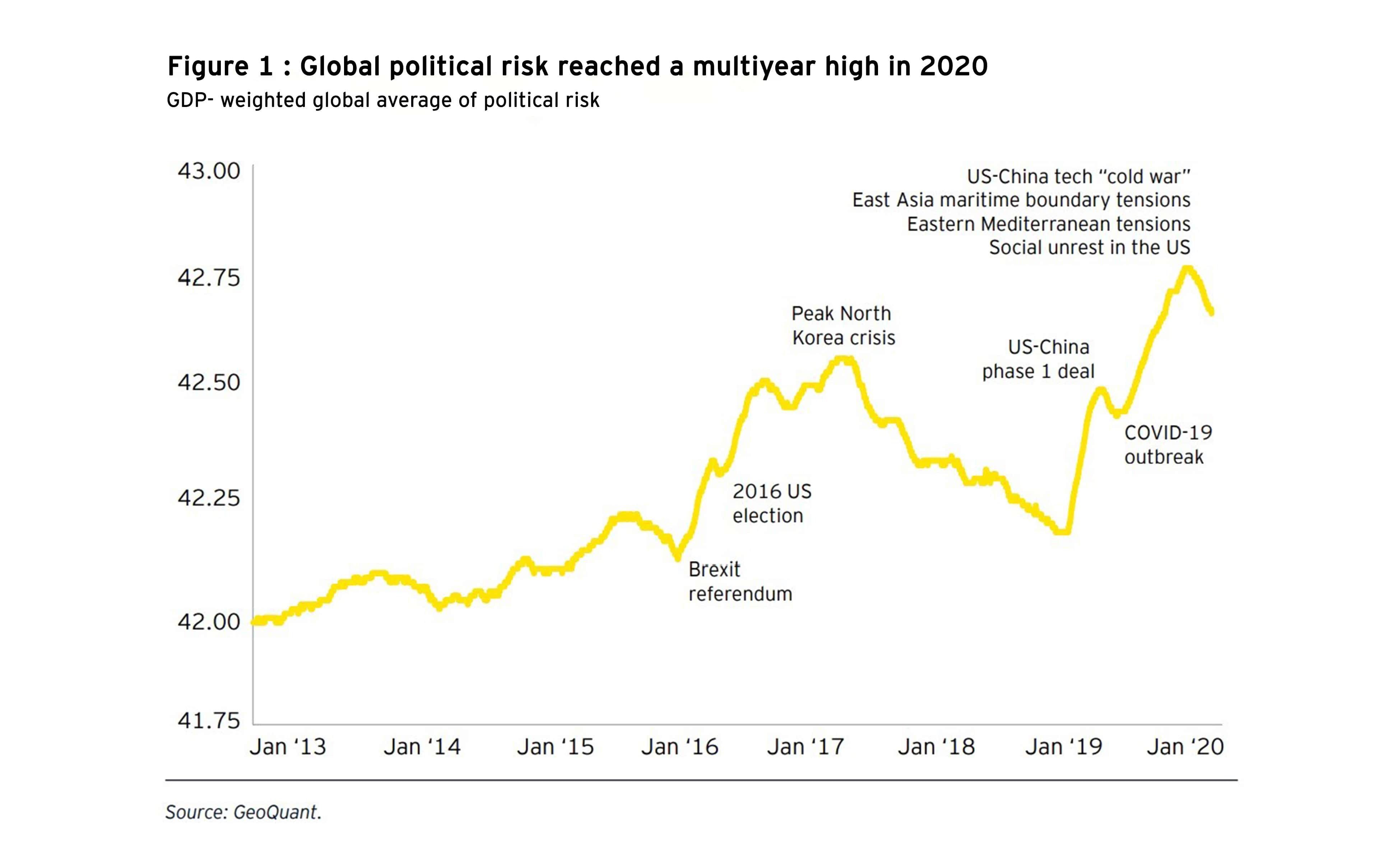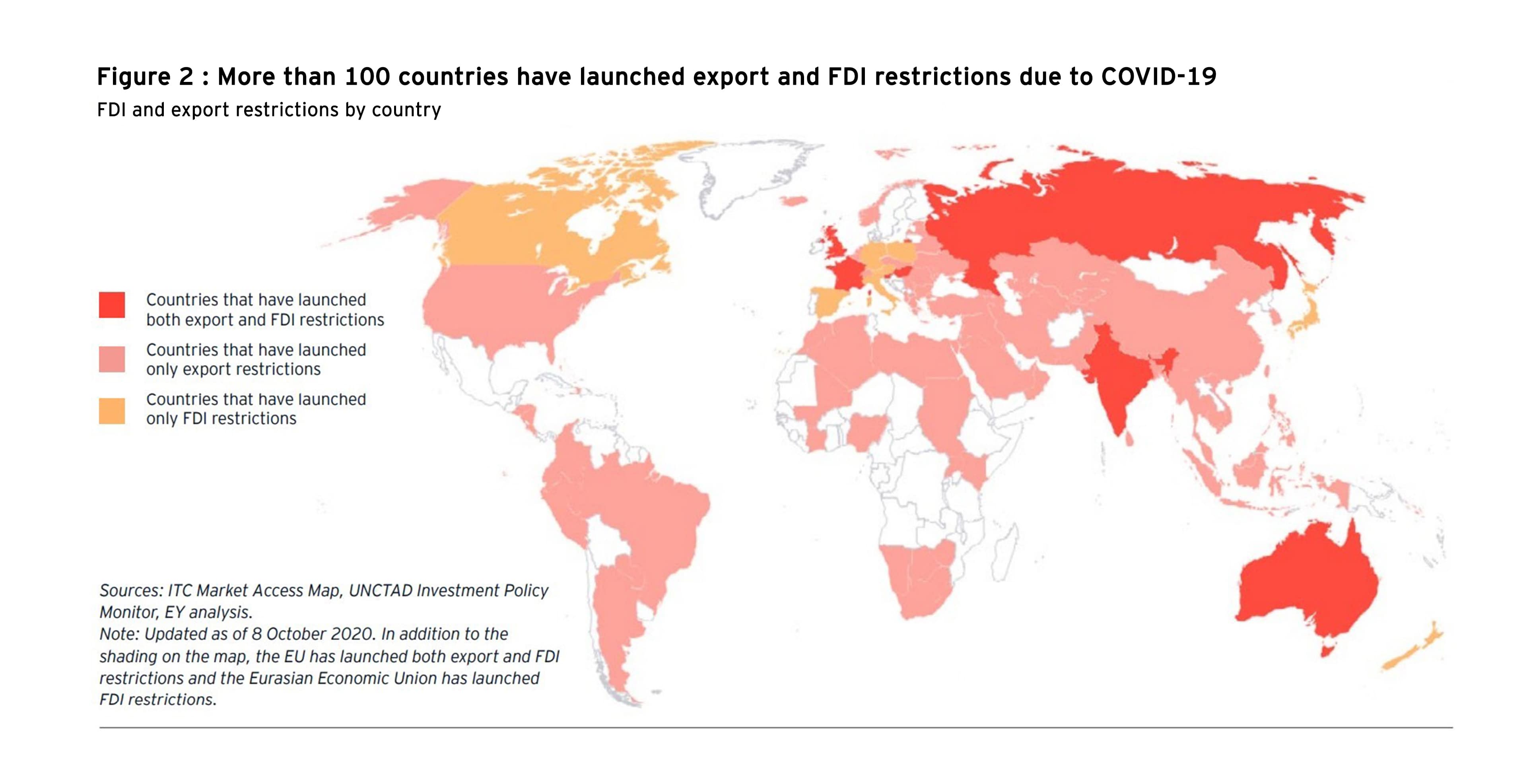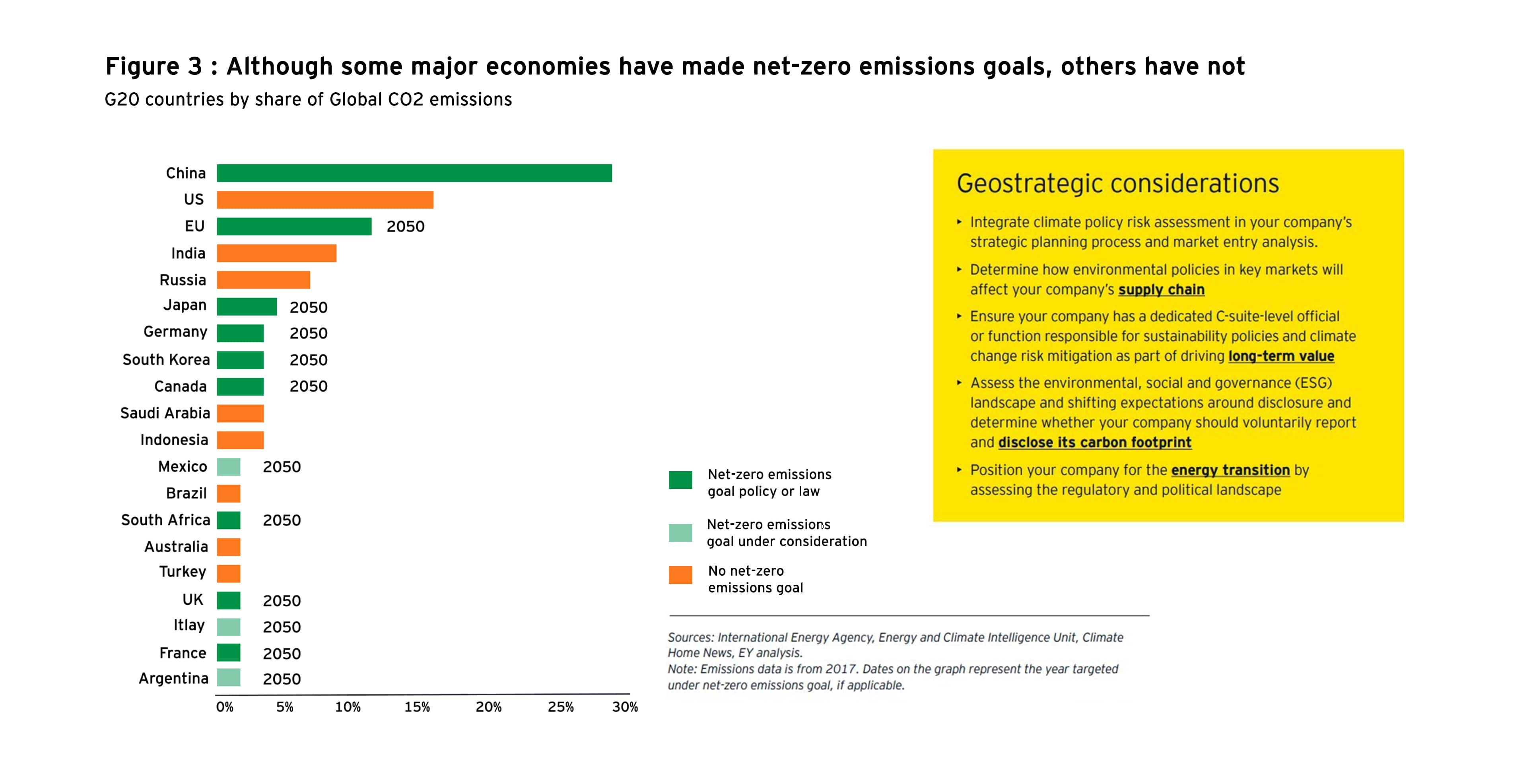Welcome to EY.com
In addition to cookies that are strictly necessary to operate this website, we use the following types of cookies to improve your experience and our services: Functional cookies to enhance your experience (e.g. remember settings), and Performance cookies to measure the website's performance and improve your experience., and Marketing/Targeting cookies, which are set by third parties with whom we execute marketing campaigns and allow us to provide you with content relevant to you.
We have detected that Do Not Track/Global Privacy Control is enabled in your browser; as a result, Marketing/Targeting cookies, which are set by third parties with whom we execute marketing campaigns and allow us to provide you with content relevant to you, are automatically disabled.
You may withdraw your consent to cookies at any time once you have entered the website through a link in the privacy policy, which you can find at the bottom of each page on the website.
Review our cookie policy for more information.
Customize cookies
I decline optional cookies





